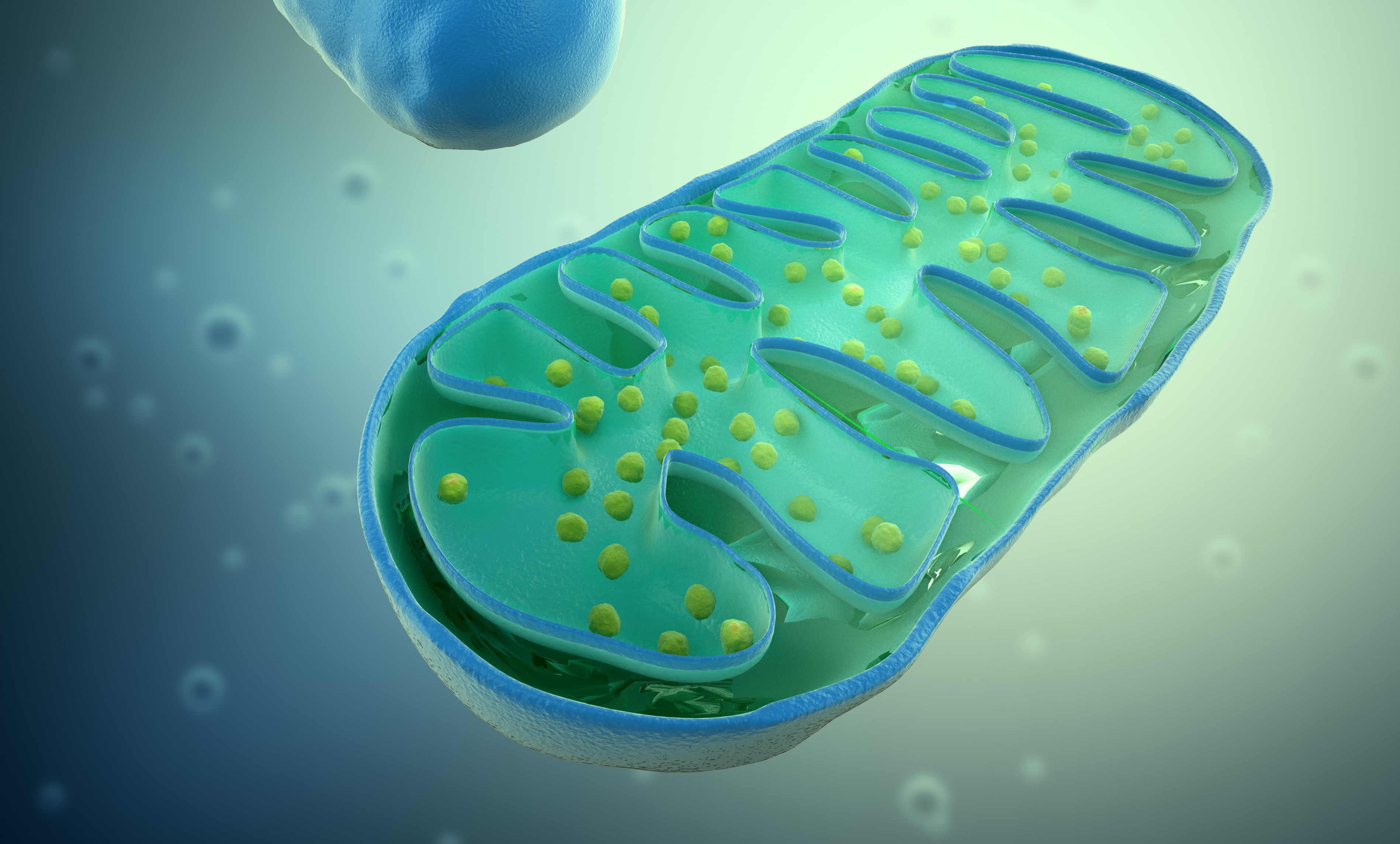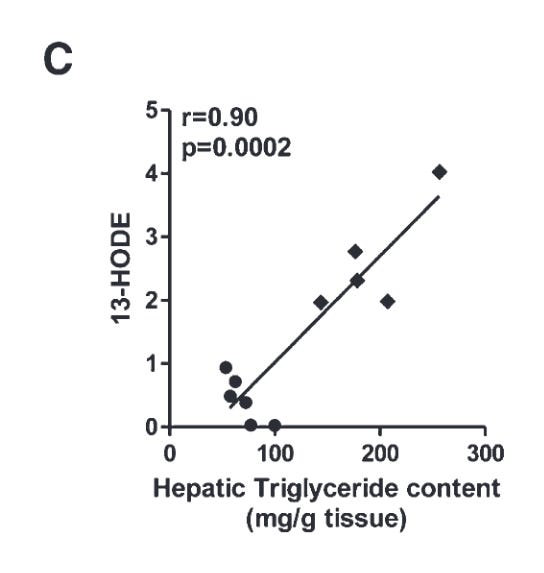TLDR: The carnivore diet kicks ass.
I started strict carnivore 8 weeks ago. I went cold turkey as opposed to weening off carbs/sugar. Two co-workers started about 6 months ago, and the weight flew off of them, and they cheat quite a lot with booze. I’m a shit dieter, but I decided to try it. The only thing that hasn't been very easy is the meal prep. Its not bad, just have to keep stuff thawed.
Day three and four I felt kinda meh and didn't want to do anything. No GI issues, or any other negative effects since then. Im 48yo, 6’ tall, and weighed 226 when I started. Been very steady at that weight for 20 years at least. My diet was not horrific, but not great either. As of today im down 28 lbs. and my clothes fit like hefty bags. I’m also going to have to re-spring my dirtbike.
Mostly eating beef, eggs, and cheese. I’m mixing in pork fish and chicken as my tastes change. Ive found that I can souse vide a bunch of steaks at one time, throw them in the fridge, then take them out and as needed and put a char on them. They taste fantastic, with butter of course. We have a restaurant supply store in town that sells bulk meat for very good prices, so the diet hasn't been very expensive. Generally I eat less than I did before too. Mostly two meals a day, and currently that’s 8oz of ribeye for each meal. Every once in a while I’ll double that because the ribeye is so good! In the last few years, I had lightly avoided beef. Id get a light case of bubble guts. Thats been resolved entirely. Ive had exactly zero GI issues. Im still drinking coffee, but switched to heavy whipping cream in it vs. sugar.
I cant recall a time when Ive felt this good. The laundry list of positive changes I heard about on various youtube vids have basically all turned out to be true. I didn’t have any real health issues/ailments to solve, other than excess weight. I had occasional acid reflux, and thats gone now. The most startling change though is the constant energy throughout the day with no sense of hunger. It’s almost unbelievable. Sleep is great. I dont have any lingering injuries, but I used to hobble to the bathroom when I woke up in the morning. The inflammation that likely caused that was gone in the first two weeks. I wake up at 0300 every morning (to bed at 1930 daily) which has never been particularly hard, but now I’m clear headed before I get to the bathroom.
Shortly after starting the diet I began training up for multi-day Eastern sierra backpack trip. I do a lot of upland bird hunting behind my dogs for a good portion of the year, and I’m generally active, so I'm only sorta sluggish in steep terrain. 10 to 15 miles a day in steep terrain isn’t uncommon during the season. The train-up hike routes were pretty aggressive, but I found them fairly easy with a small pack and rifle. Lactic acid buildup is non-existent, but im taking Beta-Alanine, so that may be the cause. I noticed recovery times were very short. Heart rate and respirations settled quickly, abnormally so for me. Ive yet to feel muscle soreness in any way, regardless of workout intensity.
The eastern sierra backpacking trip in the 7th week went great. For the four days I ate precisely 8 oz of beef jerky, 10 oz of canned salmon, 4 oz of salami, and two 10” brook trout. I skipped breakfast everyday, as I had been doing for the previous six weeks. Im sensing these last few days that I’m going to have to kick up the food consumption. My body is hanging on to the last 10-15 lbs of fat, instead of burning it, and for the first time I’m feeling the slightest sense of hunger.
I had a physical last week. The blood work looks good everywhere except LDL. It was 242 which was only a slight increase from my last physical. Triglyceride/ HDL ratio is 1.17(huge improvement), and Triglycerides way down(also huge improvement). Doc didn't like the LDL number but he liked everything else. Same goes for the blood sugar/diabetes, and liver/kidney function series of tests he asked for. My blood pressure also dropped from 130/90 to 100/60. Doc said that is likely the reason I’m sleeping so well. I asked him if he’d write me a lab referral for blood work quarterly, and he agreed.
I’ve no real end date for the strict diet. Id like to loose another 10 lbs at least, maybe 15. After that, I’ll probably add back some veggies, and control the saturated fats some. Tuning up the fat/protein ratio is probably in order too, although I have no firm target on that yet. Hunting season will be here in 10 days. My mountain goat hunting buddies are in for a surprise, im gonna smoke their asses! One thing i’m certain of is staying away from refined carbs and processed foods in general. That shit is poison!






